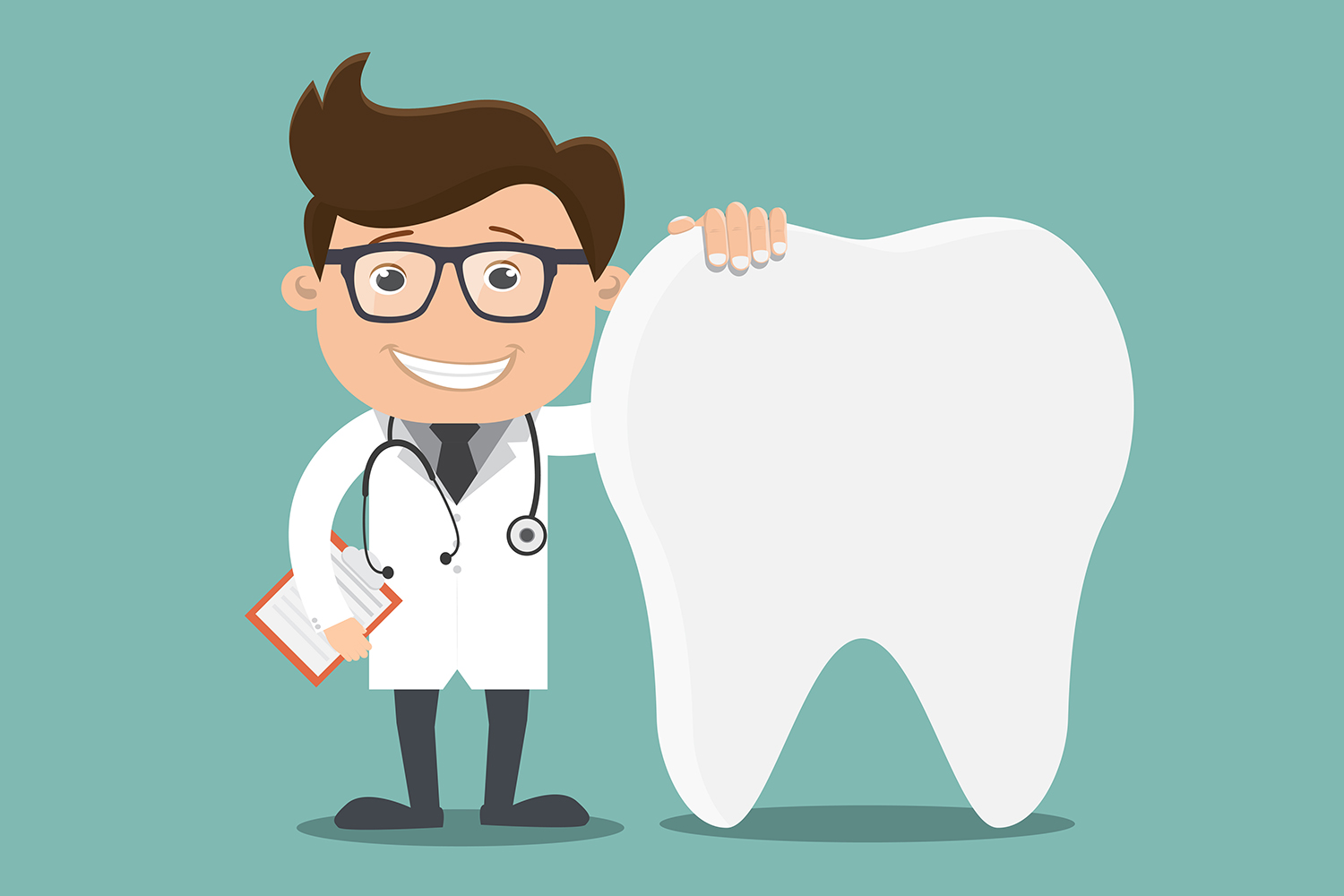Experience Comprehensive Dental Treatment with a Trusted Eugene Dentist
Experience Comprehensive Dental Treatment with a Trusted Eugene Dentist
Blog Article
A Guide to Usual Oral Conditions That Need a Dentist's Care
Understanding the array of dental conditions that require expert treatment is extremely important for keeping ideal oral health. Toothaches, as an example, can be symptomatic of severe problems such as dental caries, broken teeth, or abscesses, each calling for specific interventions like fillings or origin canals. Gum disease, from the beginning of gingivitis to extra serious periodontitis, underscores the importance of regular dental check-ups and cleanings. Affected wisdom teeth and jaw problems can introduce considerable discomfort and problems. Guaranteeing timely brows through to the dental expert can mitigate these issues efficiently, yet exactly what are the indicators and therapies entailed?
Toothaches
Toothaches are a common dental condition that can range from moderate pain to extreme pain, typically showing an underlying concern that needs professional interest. This discomfort can stem from a selection of sources, consisting of tooth decays, cracked or fractured teeth, and dental abscesses. Each of these problems presents substantial dangers if left without treatment, potentially leading to more severe complications.
Dental dental caries, likewise understood as cavities, are triggered by the buildup of plaque that erodes tooth enamel, causing openings or pits in the influenced teeth. Fractured or fractured teeth, on the various other hand, might result from trauma, grinding, or biting right into hard things. These architectural damages can subject the delicate internal layers of the tooth, creating acute pain and enhancing the threat of infection. Abscesses hurt infections at the root of a tooth or between the gum tissue and a tooth, typically resulting from severe decay or neglected cavities.
Effective treatment of toothaches involves addressing the source. This may include fillings for cavities, crowns for cracked teeth, or origin canals and prescription antibiotics for abscesses. Early intervention by an oral expert can prevent more damage and reduce discomfort, making sure optimal dental health and wellness.
Gum Disease

The main source of periodontal illness is bacterial plaque, a sticky, colorless film that constantly forms on teeth. Poor dental health, smoking, genetic proneness, and particular clinical conditions, such as diabetes mellitus, can aggravate the danger of creating gum tissue disease. Regular dental check-ups are important for early discovery and administration of this problem.
Treatment for gum tissue illness varies from expert oral cleaning and scaling to advanced treatments like root planing and gum surgical treatment, depending on the intensity. Maintaining great oral health practices, consisting of brushing two times daily, flossing, and using a disinfectant mouth wash, can significantly lower the danger of gum condition and promote much healthier periodontals.
Tooth Cavities
Cavities, likewise called dental decays, are a typical oral condition defined by the devastation of tooth enamel due to acid-producing germs in the mouth. These germs grow on sugars and starches from food and beverages, producing acids that slowly wear down the enamel, bring about cavity formation.
Early-stage tooth cavities might not reveal signs and symptoms, but as they progress, they can cause toothache, sensitivity to cool or hot, noticeable openings or pits in the teeth, and staining. If left unattended, tooth cavities can pass through deeper layers of the tooth, potentially leading to severe pain, infection, and even tooth loss.
Stopping dental caries entails a mix of excellent oral hygiene practices and nutritional habits. Regular cleaning with fluoride tooth paste, flossing, and regular oral examinations are important. Dental professionals may likewise suggest additional safety nets, such as fluoride treatments and dental sealants, to shield teeth from degeneration.
Therapy for dental caries depends on their severity. Small dental caries can be resolved with dental fillings, which restore the tooth's structure. If the decay has actually reached the tooth's pulp, more advanced situations may require crowns or even origin canal treatment. Timely intervention by a dentist is vital to prevent difficulties and keep total dental health.
Impacted Knowledge Teeth
Influenced wisdom teeth are a widespread dental problem that occurs when the third molars, typically described as wisdom teeth, fall short to fully arise or align properly within the mouth. This problem typically arises from inadequate room in the jaw or an irregular growth angle of the teeth. Affected knowledge teeth can lead to a range of complications, including pain, damages, and infection to nearby teeth.
When knowledge teeth come to be impacted, they are commonly partly appeared or remain totally under the gum tissue line. This partial eruption can produce a pathway for germs to get in the periodontals, causing infections that manifest as swelling, discomfort, and also high temperature (dentist eugene or). Furthermore, influenced wisdom teeth can put in pressure on neighboring teeth, potentially causing crowding or shifting
A thorough oral assessment, typically including X-rays, is important for identifying impacted knowledge teeth. Therapy commonly includes medical extraction, done by a dental cosmetic surgeon. The treatment aims to reduce pain and prevent more difficulties, such as cysts or damage to bordering bone frameworks. Post-operative treatment is critical to guarantee proper recovery and decrease the threat of infection. Routine dental exams are suggested to keep track of the condition and maintain dental wellness.
Jaw Conditions
Conclusion

Oral cavities, also understood as decays, are triggered by the build-up of plaque that deteriorates tooth enamel, leading to holes or pits in the impacted teeth. Abscesses are excruciating infections at the origin of a tooth or in between a tooth and the gum, commonly resulting from extreme degeneration or untreated dental caries.
Impacted knowledge teeth are a common dental problem that takes place when the third molars, commonly referred to as wisdom teeth, stop working to totally emerge or line up properly within the mouth. Influenced knowledge teeth can lead to a selection of complications, including damages, infection, and pain to adjacent teeth.
In addition, influenced knowledge over at this website teeth can apply stress on surrounding teeth, potentially triggering crowding or changing.
Report this page